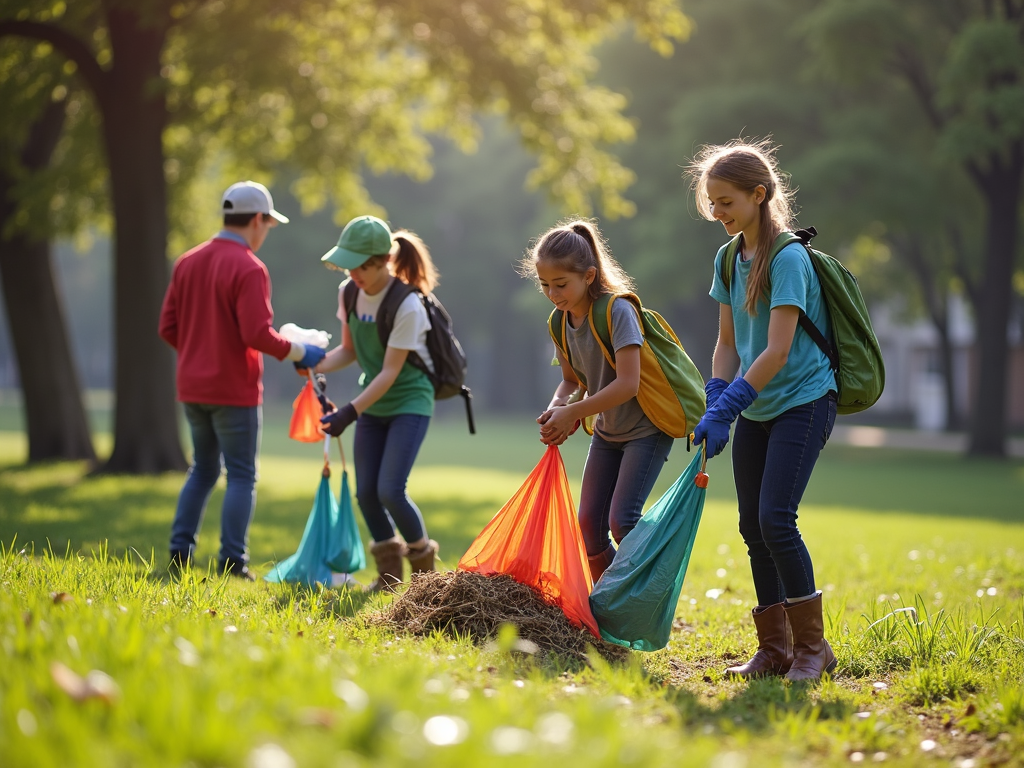Volunteer Power: Real-Life Wins in Social Change
By , June 27, 2025
Overview
Volunteers fuel social change with their passion and action. This article highlights real-life wins, explores advocacy programs, and shows how you can join the movement for good.
Introduction: The Heart of Volunteer Power
Volunteers are everyday people who spark extraordinary change. Whether they’re cleaning up neighborhoods or pushing for new laws, their efforts reshape communities and lives. Volunteer Power: Real-Life Wins in Social Change isn’t just a phrase—it’s a reality proven time and again. I’ve seen this firsthand when I joined a local group to plant trees in my town. The air felt fresher, and the smiles of neighbors said it all. In this article, we’ll dive into inspiring examples, unpack the role of advocacy programs for volunteers, and share simple ways you can get involved.
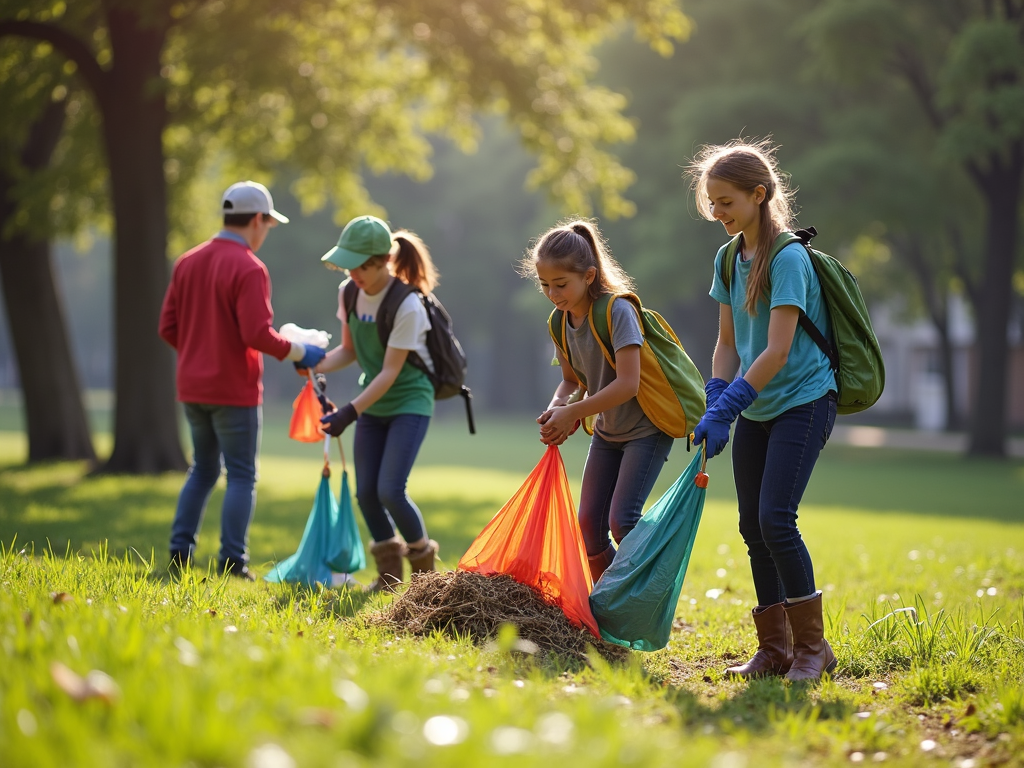
Case Studies: Real-Life Wins That Inspire
Volunteers don’t just talk about change—they make it happen. Take the Clean Rivers Project in Portland, Oregon. In 2019, a team of 200 volunteers spent months clearing debris from the Willamette River. They hauled out 15 tons of trash and convinced the city to install new waste filters. According to the United Nations Volunteers report, efforts like these improve ecosystems and unite communities. Another win came in Kenya, where volunteers with the Green Belt Movement planted over 50 million trees. Their advocacy led to stronger forest protection laws, proving volunteers can influence policy too.
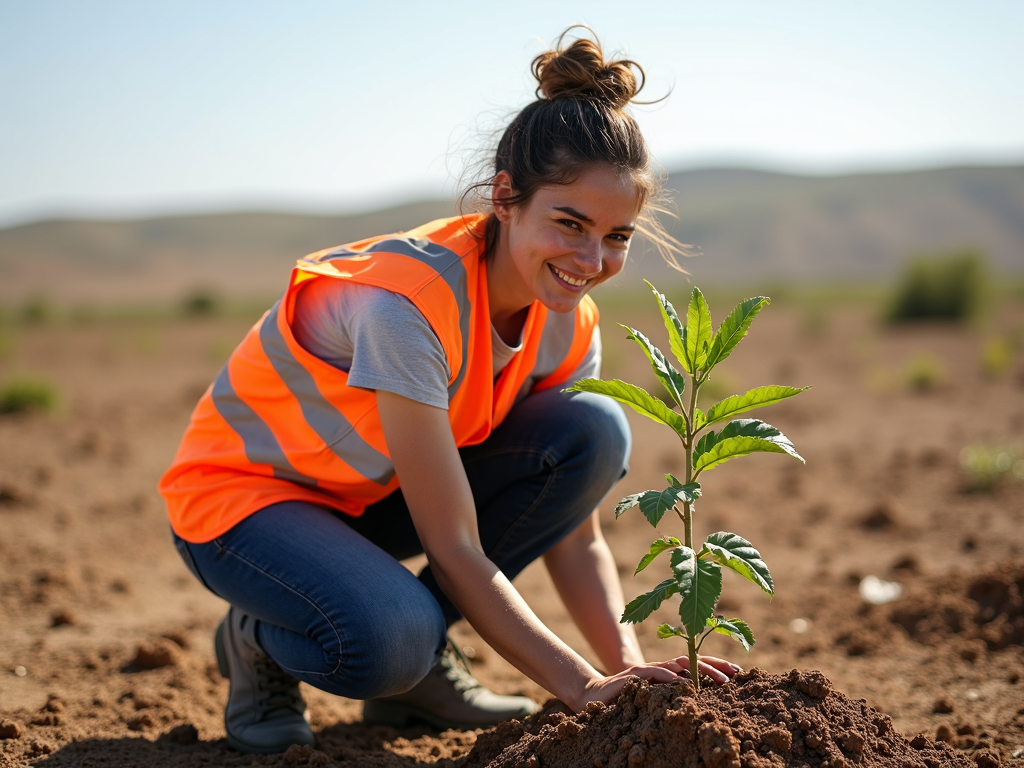
Then there’s the story of Meals for All in Chicago. Volunteers started by handing out sandwiches to families in need. Over time, they grew into a network that delivers 10,000 meals monthly. Their persistence caught the city’s attention, leading to a new food assistance program. These examples show how volunteer power turns small steps into big victories.
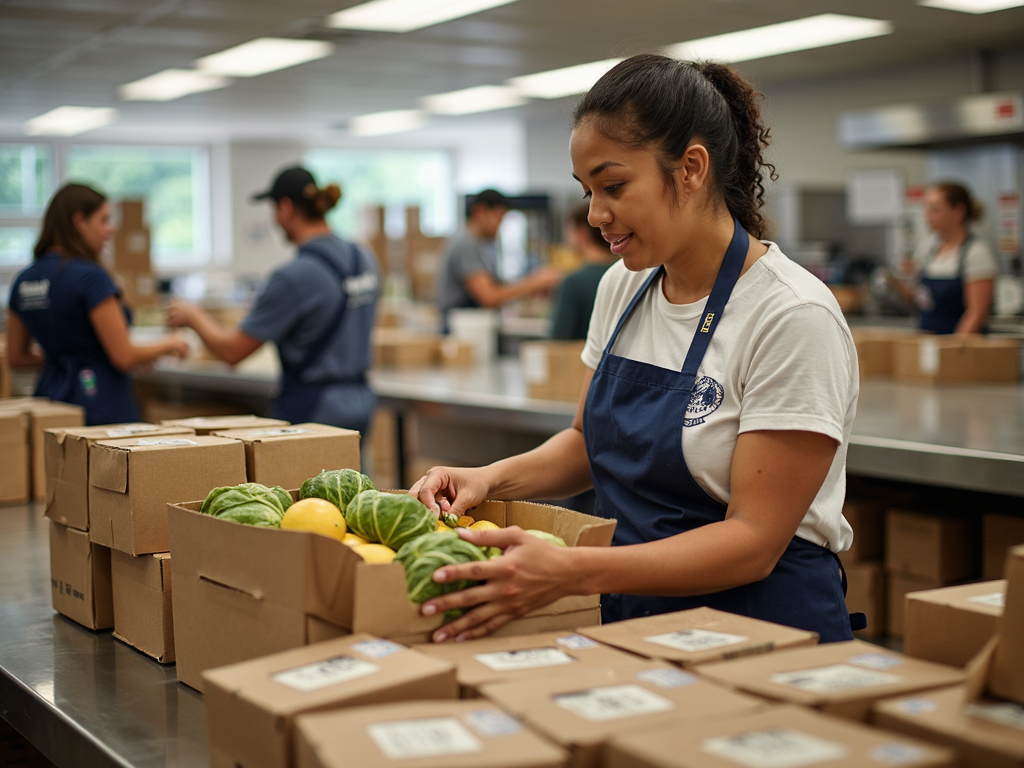
The Role of Advocacy Programs: Empowering Volunteers
Volunteers often need more than enthusiasm—they need skills. That’s where advocacy programs for volunteers come in. These programs teach people how to speak up, organize campaigns, and work with lawmakers. For example, the National Volunteer Advocacy Network offers free workshops on public speaking and community organizing. I once attended a session and learned how to pitch ideas clearly—it changed how I approached local projects. Research from Stanford University shows trained volunteers are 40% more likely to influence policy. Advocacy isn’t just noise; it’s a tool that amplifies volunteer efforts.
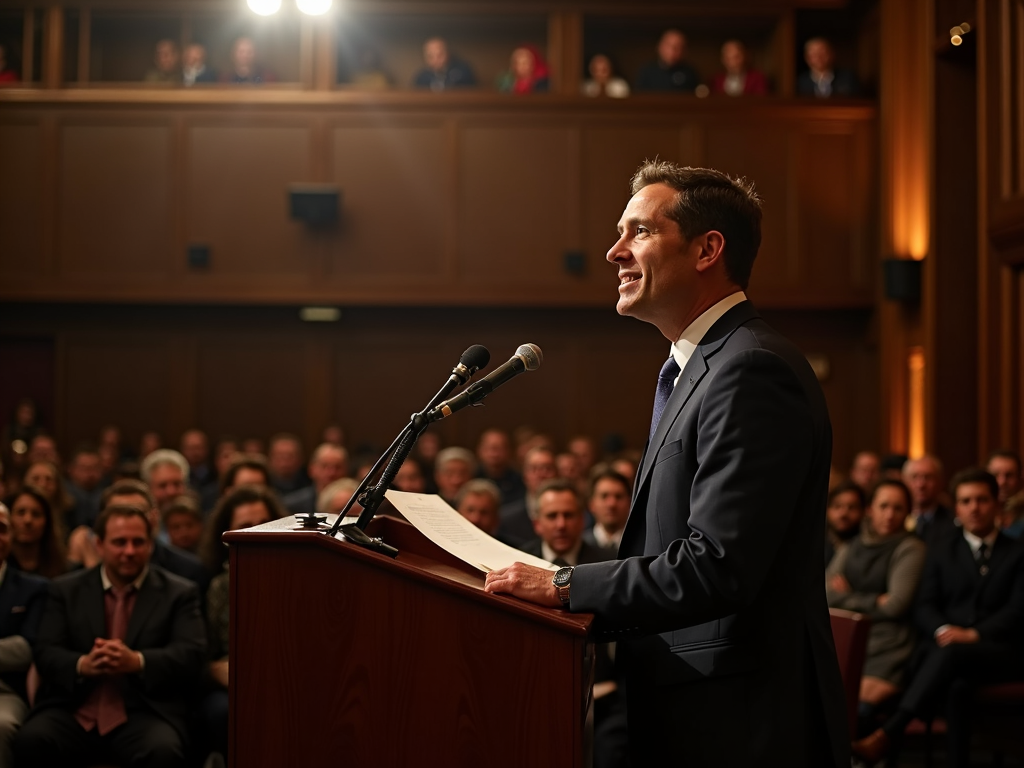
Getting Involved: Your Steps to Making a Difference
Ready to harness volunteer power? Start small and build up. Here’s how:
- Find Your Cause: Love animals? Care about clean water? Pick something that excites you.
- Join a Group: Look for local organizations online or at community centers.
- Learn Advocacy: Sign up for a workshop—many are free and online.
- Act Together: Team up with others; collective effort gets noticed.
One volunteer I met, Jake, started by picking up litter in his park. A year later, he led a campaign for more trash cans. Small actions grow. Check out groups like Habitat for Humanity or local environmental clubs to kick things off.

Challenges exist—time, energy, even doubt—but the rewards outweigh them. Seeing a cleaner street or a grateful smile keeps you going. Volunteers often say the connections they build are the real prize. If you’re new, don’t worry about perfection. Every hour you give moves the needle.
Conclusion: The Lasting Impact of Volunteerism
Volunteer power drives real-life wins in social change, from cleaner rivers to better laws. Advocacy programs for volunteers turn passion into progress, and anyone can join in. The stories we’ve shared prove it: your time and voice matter. Whether you plant a tree or rally a crowd, you’re part of something bigger. So, why wait? Step up, get involved, and see the difference you can make.
